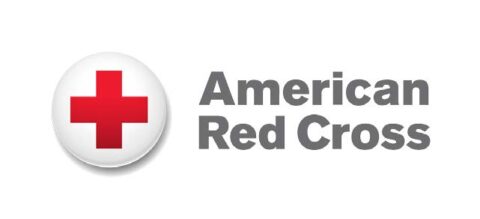Are your documents secure?
This checklist provides information to help people with disabilities, children, the elderly and care givers collect important documents you might need in the face of an emergency.
While disasters and emergencies affect everyone, their impact on vulnerable populations is often compounded. By take a few simple steps today, you can becomes better prepared to face the range and scope of emergencies.
Three basic steps to prepare
Step 1: Know your risks
Step 2: Make a plan
Step 3: Collect needed items (including the documents on this checklist) to implement your plan in case of an emergency.
Emergency disaster supply list for people with functional and access needs
During an emergency, you will need easy and quick access to this information. Place this information in a document protector, so it will be easy to access if you need to get to it quickly. Consider also filling out these Family Emergency Plan Cards.
Identification – Copies of IDs – passport, driver’s license, social security card, birth certificates, visas/green cards, and other forms of identification
Medical documents – Copies of medical records à These could include allergies, immunizations, medical conditions, etc.
Personal Assessment: If you or anyone in your household has a disability, make a list of the personal needs and the resources you/they would need in a disaster/evacuation.
Insurance papers: Include copies of contact information for all of your insurance companies. Include a number for all accounts.
Bank information: Include contact information about your bank, savings and retirement accounts, including the account numbers.
Assistant animal’s and pet’s records: Make copies of your assistant animal’s or pet’s medical records to take with you.
Personal documents: Copies of family valuables like marriage certificates, treasured photos, family history records or other important family keepsakes. Copy these and save them on thumb/USB drive or other electronic storage. You can also upload them to cloud storage, if you have that.
Cash: Keep a small amount of cash at home in a safe place. **It’s important to have small bills because ATMs and credit cards may not work if the power is out during a disaster when you need to buy supplies, fuel or food.**
Important Numbers – A list of important people you need to contact in case of an emergency – be sure to include phone numbers for city or county government emergency management offices. You can call ahead too – many offices keep lists of people with disabilities to help quickly in an emergency.
To add right before you leave
Documents you should consider including
Insurance
- Household and place of business inventory (recorded using photographs, videotape, or stored on a database manager computer program).
- Duplicates of insurance policies (life, health, auto, home, hazard, etc.)
- Mortgage documents
- Real estate deeds
- Title papers
- Motor vehicle titles and bill of sale, serial or VIN numbers
- Wills and trusts
Banking
- Safe deposit box: location, number, inventory of contents, location of key, authorized persons to access box
- Stocks, bonds and other securities
- Bank, checking, savings account numbers or certificates
- Credit card accounts (company and account numbers)
- Investment portfolio
Identification
- Birth, marriage, and death certificates
- Citizenship papers
- Adoption and custody decrees
- Military papers
- Employment records
- Passports, visas
- Social security card (or card numbers)
Medical
- Name of doctors and providers and their contact information
- Family health and medical records
- Employee benefits information
- Letter of instruction in case of death
- Name, address, phone number of attorney, financial advisor and insurance agents
- Photocopy of documents carried in wallet or purse
Personal
- Family photos
- Videotapes
- Childhood keepsakes
- Important books
- Family genealogy records
- Personal family history
Printable checklist* Once in an emergency shelter, documents should be kept secure and in your possession at all times.
For more information on disaster preparation for people with disabilities in your area, contact Iris Green or Curtis Hill at DRNC at 919-856-2195.
This project was funded in part by a grant from the American Red Cross.

